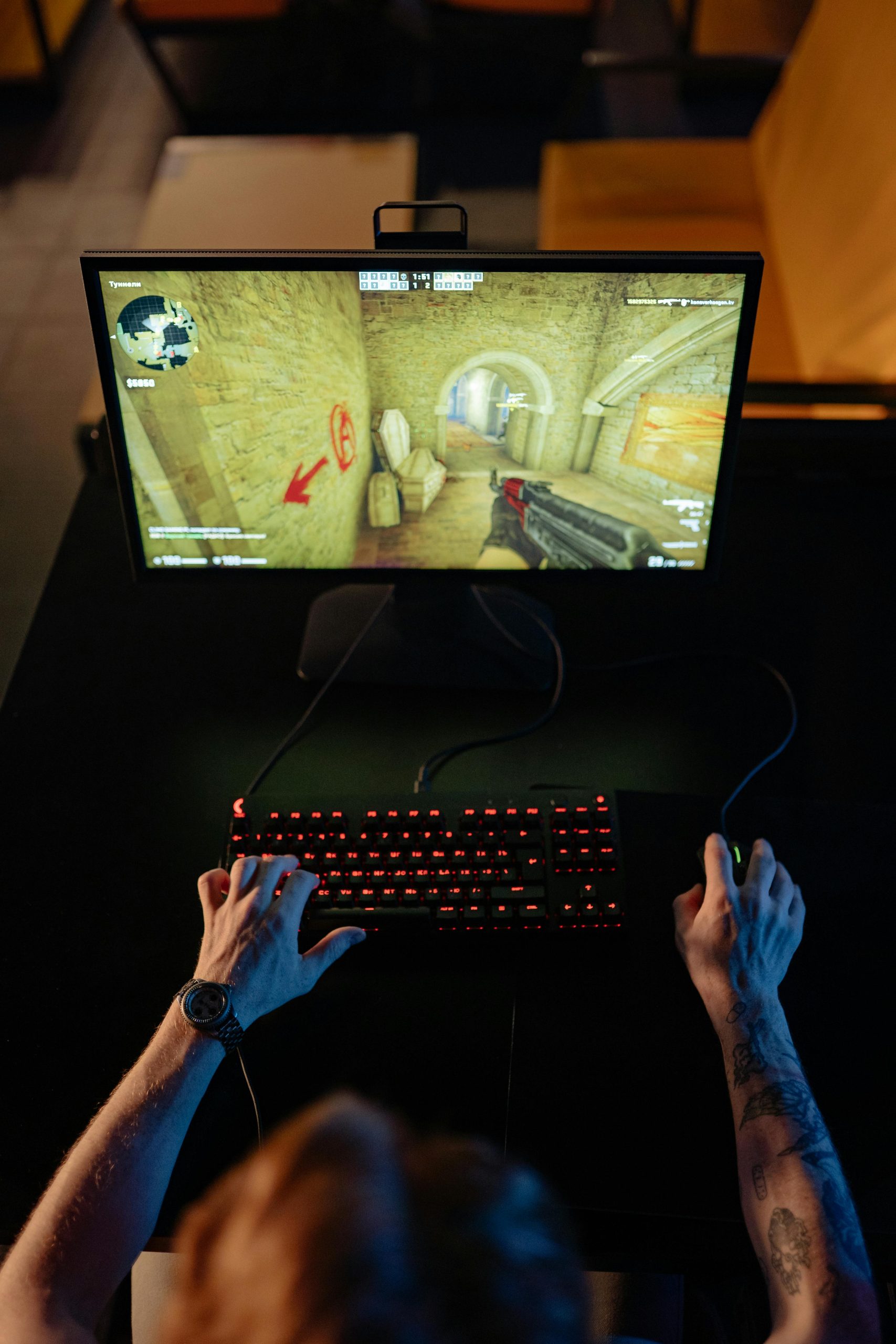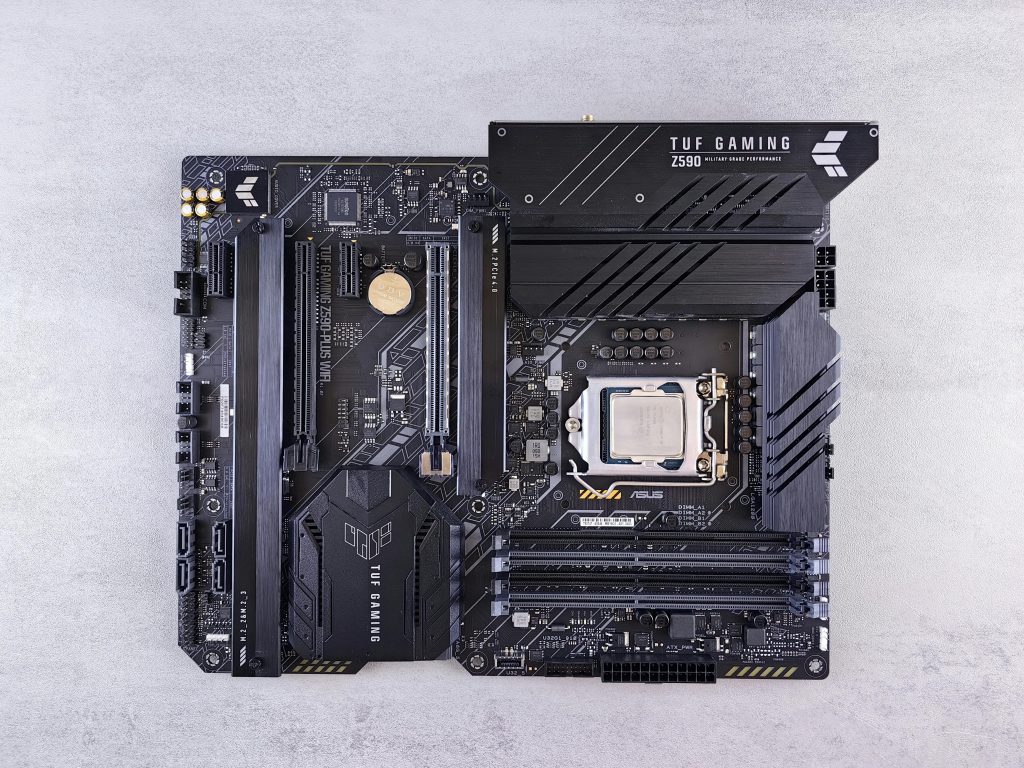Understanding Sudden FPS Drops After Extended Gameplay: Causes and Solutions
Experiencing unexpected performance drops in video games can be both frustrating and perplexing, especially when your gaming setup otherwise handles titles smoothly. Recently, I’ve observed a recurring pattern across multiple games where a significant drop in frames per second (FPS) occurs after approximately 40 hours of gameplay. This occurrence isn’t isolated to a single title, but has been noted in games like Space Marine 2, Dragon’s Dogma 2, and Middle-earth: Shadow of War.
In these cases, the games initially run seamlessly — displaying stable FPS and smooth performance during the initial 40-50 hours. However, upon reaching what appears to be the “endgame” or later stages, sudden performance issues surface. This prompts an important question: what are the potential causes of such late-stage FPS drops, and could this pattern be coincidental or indicative of underlying issues?
Common Causes of Late-Game FPS Drops
While each situation can be unique, several common factors may contribute to these performance drops after extended gameplay:
1. Memory Leaks and Resource Exhaustion
Many games, especially complex open-world or graphically intensive titles, can have memory leaks that accumulate over time. This causes RAM or VRAM to fill up, leading to reduced performance as the system struggles to allocate resources efficiently.
2. Thermal Throttling
Prolonged gaming sessions can lead to increased system temperatures. Without proper cooling, your laptop’s CPU or GPU may reduce their clock speeds to prevent overheating — a process known as thermal throttling. Over time, thermal issues may become more pronounced, causing FPS drops after hours of play.
3. Background Processes and System Clutter
Extended gaming sessions may coincide with background applications consuming system resources. Updates, antivirus scans, or other processes can interfere with game performance, especially over time as these processes ramp up.
4. Driver or Software Optimization
Sometimes, driver issues or software incompatibilities manifest as performance degradation over time. Ensuring drivers are up-to-date and game patches are installed can mitigate these problems.
5. Storage and Disk Fragmentation
On systems using SSDs, excessive data writing or fragmentation can cause slower load times and performance hiccups, particularly if the drive becomes heavily used or nearly full.
Evaluating Your Gaming Setup
In your case, you’re using a Lenovo Loq 15 laptop equipped with an RTX 4050 GPU, 16GB of
Share this content:



